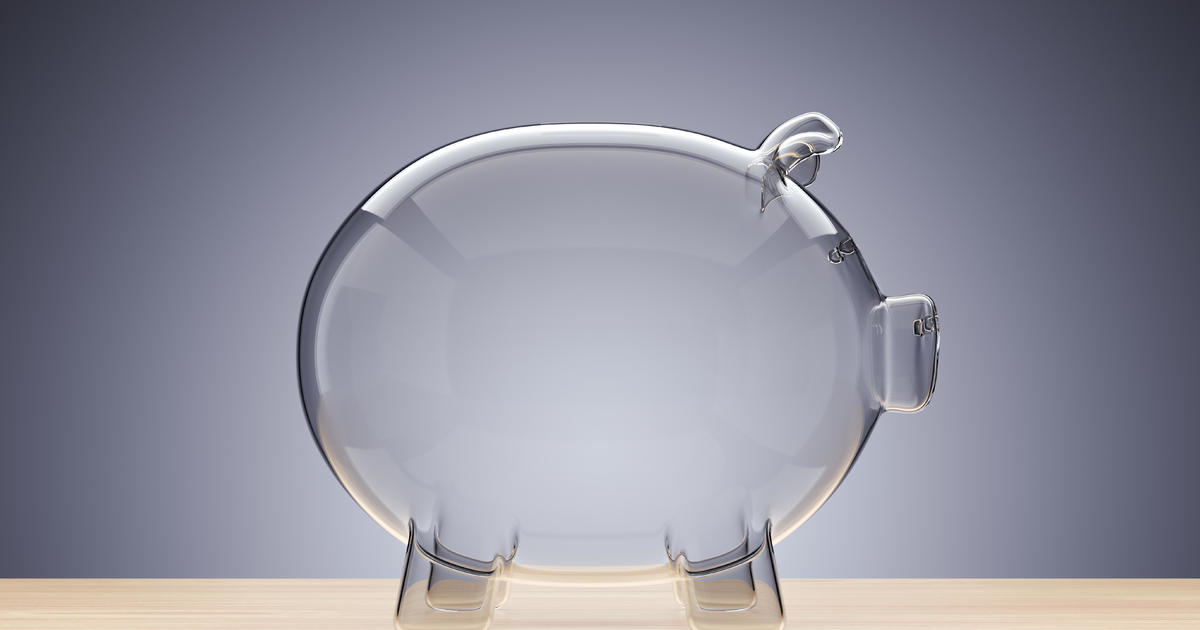One study said happiness peaked at $75,000 in income. Now, economists say it's higher — by a lot.
It's a question that economists, psychologists and armchair philosophers have grappled with for centuries: Can money buy happiness?
Now, new research from a Nobel Prize-winning economist and fellow researchers provides a fresh answer. Money does appear to boost happiness — at least for most people — up to earnings of $500,000, according to the new paper published in this month in the Proceedings of the National Academy of Sciences journal.
That contradicts earlier research from one of the economists involved in the new study, Daniel Kahneman, who in 2010 published an influential study with fellow Nobel Prize-winner Angus Deaton. The 2010 study found that money could only boost happiness up to a point — about $75,000 in annual earnings. Beyond that figure, the researchers concluded, money had little impact.
That notion that happiness tops out at $75,000 became so popular that Dan Price, the founder of credit card processor Gravity Payments, decided in 2015 to boost the minimum salaries of his employees to $70,000 — cutting his own salary to do so. The move brought him praise as an innovator and business leader in the process. (Price later stepped down after allegations of a pattern of abusing women.)
Yet new findings suggest that, for most people, happiness does improve with higher earnings — up to $500,000 a year. The research could have real-world implications for tax policies or compensation strategies, co-author Matthew Killingsworth of the University of Pennsylvania said in a statement about the latest findings.
"In the simplest terms, this suggests that for most people larger incomes are associated with greater happiness," Killingsworth noted.
Most people fall into one of two groups, the researchers found. Most people's happiness rises linearly with income, while about 30% of people are the "happiest," experiencing accelerating well-being once their earnings rise above $100,000.
"Adversarial collaboration"
The new study stems from a process called "adversarial collaboration," or when researchers with conflicting findings seek to resolve their dispute through joint research.
In this case, Kahneman paired up with Killingsworth after the latter's research contradicted his 2010 findings.
With co-author Barbara Mellers, also of the University of Pennsylvania, they ran a new experiment, asking 33,391 working U.S. adults with a median household income of $85,000 to answer questions about their sense of well-being.
Their new findings suggest that, for most people, happiness does improve with higher earnings, up to $500,000 a year — although participants above that income were "quite rare," providing a lack of comprehensive data for that group, the study notes.
"Rich and miserable"
Yet there is a smaller group of people for whom higher incomes don't make much of a difference, the researchers found. For this "unhappy group," comprising about 15% of people, the relationship between happiness and income is different, with additional money failing to improve their sense of well-being once they've hit $100,000 in annual earnings, according to the study.
These people may be suffering from life events that overwhelm any improvement that money might bring, the researchers posited.
"This income threshold may represent the point beyond which the miseries that remain are not alleviated by high income," Kahneman, Killingsworth and Mellers wrote. "Heartbreak, bereavement, and clinical depression may be examples of such miseries."
Or, as Killingsworth said in the statement, "[I]f you're rich and miserable, more money won't help."
On the flip side, the "happiest 30% experience feelings of well-being that sharply accelerate once they earn over $100,000, the study found.
That doesn't mean that money can solve all one's problems, Killingsworth said. And indeed, other research into the science of happiness has found that other aspects of life, from community to hobbies, has a measurable impact on contentment.
But money can contribute to a happier life, he added.
"Money is just one of the many determinants of happiness," he said in the statement. "Money is not the secret to happiness, but it can probably help a bit."



